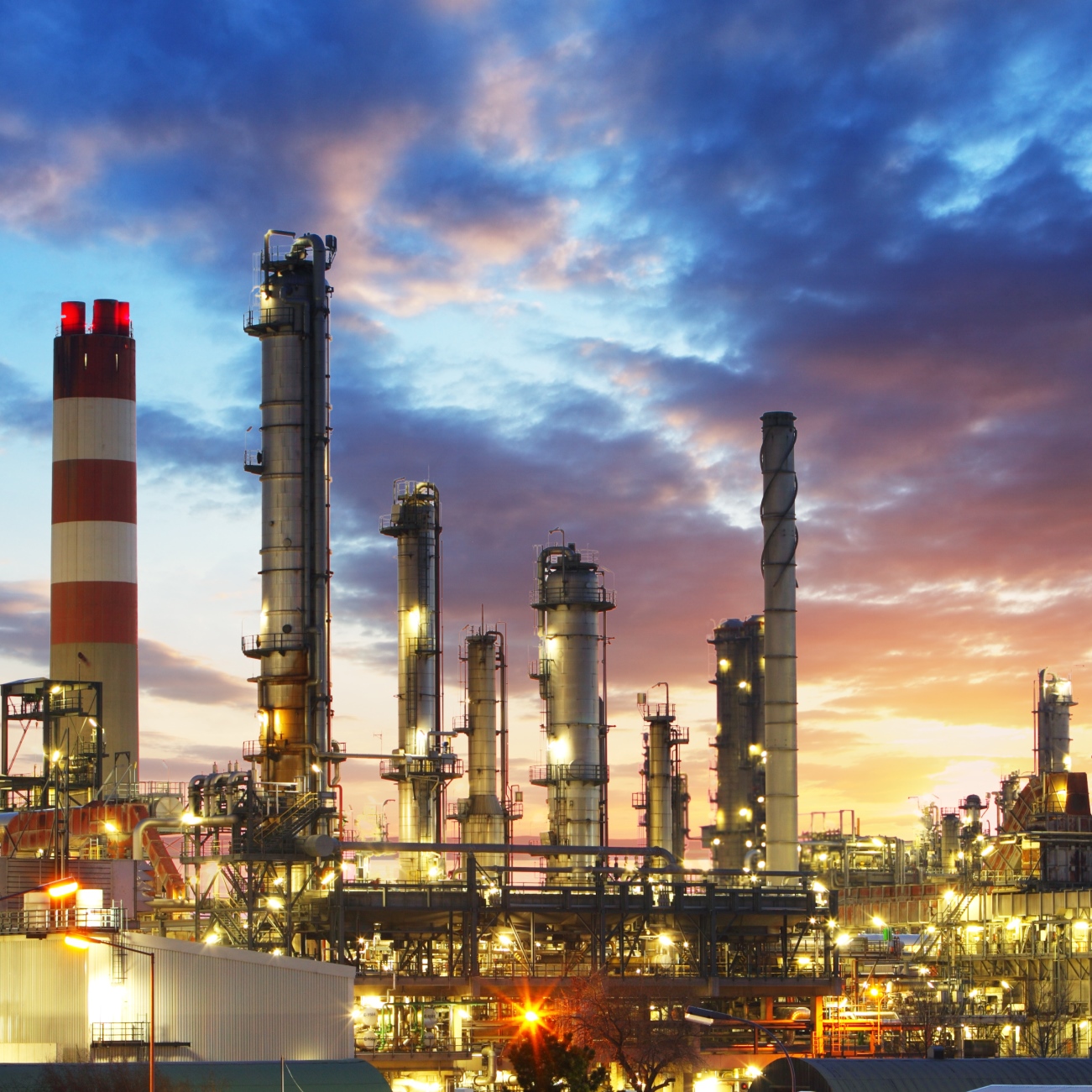Energy
California Oil Refineries Investigated by State Attorney General

Published:
Last Updated:

California Attorney General Kamala Harris has subpoenaed documents from the state’s major oil refiners related to an investigation into whether the companies have artificially raised retail gasoline prices in the state. The subpoenas were delivered in late May according to The Wall Street Journal, and seek information related to trading and maintenance and repair work at the facilities.
The are 17 operating oil refineries in California with a nameplate capacity totaling 2 million barrels a day according to a report issued this week by the U.S. Energy Information Administration (EIA). The supermajor integrated oil & gas companies own four while publicly traded refining companies own most of the rest. Two motor fuel-producing refineries in Bakersfield are privately owned.
The WSJ indicates that Tesoro Corp. (NYSE: TSO), Valero Corp. (NYSE: VLO), Phillips 66 (NYSE: PSX), Chevron Corp. (NYSE: CVX), Exxon Mobil Corp. (NYSE: XOM), and Royal Dutch Shell plc (NYSE: RDS-A) have all received subpoenas. According to sources the attorney general’s investigation is focused on refinery shutdowns, whether caused by an accident or routine maintenance.
Exxon Mobil’s 155,000-barrel per day Torrance refinery suffered an explosion in February 2015 and did not restart until last month. The refinery, which normally produces about 10% of the state’s supply, operated at less than 20% of capacity for more than a year and pushed prices as high as $1.50 above the national average. That also forced the state to import refined products to meet demand.
When it comes to crude oil, California might as well be an island nation. Excluding crude produced in the state, oil comes by tanker to the state’s refineries primarily by tanker. The state “imports” oil from Alaska, as well Saudi Arabia, Iraq, and Ecuador among other oil producing nations. The only pipelines feeding the state’s refineries originate in California.
According to the California Energy Commission, here’s how the state’s crude supply was transported to the state’s refineries:
The good news is that tanker transportation of crude costs less than $2 a barrel on the very large crude carriers (VLCC) that carry upwards of 2 million barrels. Rail and truck transportation cost more than $15 a barrel, with pipeline transportation nearer to $10 a barrel.
California’s gasoline has to meet stricter pollution control requirements than in any other state and that adds to the refining cost as do the state’s high gasoline taxes. State and federal taxes total $0.5883 per gallon in California, among the highest tax rates in the country and more than $0.35 a gallon more than South Carolina’s total tax rate on gasoline.
California’s high fuel prices have been investigated before and there’s never been a finding of collusion or price fixing that we can recall. The sale of Exxon’s Torrance refinery to Philadelphia-based PBF Energy Inc. (NYSE: PBF) brings another refinery operator into the state and that could increase competition to some degree, but probably not as much as critics might hope.
Are you ahead, or behind on retirement? For families with more than $500,000 saved for retirement, finding a financial advisor who puts your interest first can be the difference, and today it’s easier than ever. SmartAsset’s free tool matches you with up to three fiduciary financial advisors who serve your area in minutes. Each advisor has been carefully vetted and must act in your best interests. Start your search now.
If you’ve saved and built a substantial nest egg for you and your family, don’t delay; get started right here and help your retirement dreams become a retirement reality.
Thank you for reading! Have some feedback for us?
Contact the 24/7 Wall St. editorial team.